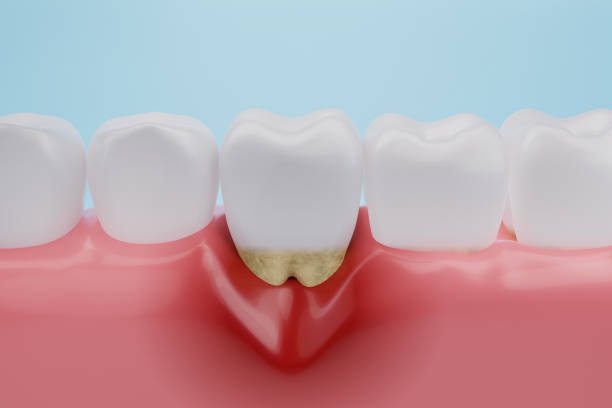Gingivitis is a common and often underestimated oral health issue affecting millions worldwide. It is the earliest stage of gum disease, characterized by inflammation, redness, and bleeding of the gums. Fortunately, gingivitis is reversible and can be effectively treated with proper care and attention to oral hygiene. This article will explore the essential aspects of gingivitis treatment, helping you take proactive steps towards a healthier smile.
Good Oral Hygiene
The cornerstone of gingivitis treatment is maintaining good oral hygiene. It involves brushing your teeth at least twice daily with fluoride toothpaste and a soft-bristle toothbrush. Be sure to use gentle, circular motions to thoroughly clean your teeth and gums. Also, remember to floss daily to remove food particles and plaque between your teeth and the gumline. Proper oral hygiene helps remove the bacteria contributing to gingivitis and prevent its progression.
Professional Dental Cleanings
Regular visits to your dentist are essential for preventing and treating gingivitis. Dental professionals can provide deep cleanings (scaling and root planing) to remove plaque and tartar buildup that cannot be eliminated through regular brushing and flossing. These cleanings target the areas below the gumline, where gingivitis often takes root. Most dentists recommend dental cleanings every six months, but the frequency may vary depending on your needs.
Antiseptic Mouthwash
An antiseptic or antimicrobial mouthwash can be a valuable addition to your oral care routine when dealing with gingivitis. These mouthwashes can help reduce the number of bacteria in your mouth, helping to control inflammation and bleeding. Be sure to choose a mouthwash your dentist has approved and follow the instructions.
Healthy Lifestyle Choices
Your overall health can impact the health of your gums. Smoking and tobacco use increase the risk of developing gingivitis, making it more challenging to treat. Quitting smoking is a crucial step in gingivitis treatment and prevention. Additionally, maintaining a well-balanced diet rich in fruits and vegetables and low in sugary snacks can help support gum health by providing essential vitamins and minerals.
Stress Management
Stress can weaken the immune system, making it more difficult for your body to fight off infections, including gum disease. Finding effective ways to manage stress, such as exercise, meditation, or deep breathing exercises, can be beneficial in preventing and treating gingivitis.
Medications
In some cases, your dentist may recommend medications to help treat gingivitis. These can include antimicrobial mouth rinses, antibiotics, or topical gels to reduce inflammation. These treatments are typically used with improved oral hygiene practices and professional cleanings.
Conclusion
Gingivitis is a common and treatable condition that should not be ignored. If left untreated, it can progress to more severe forms of gum disease, leading to tooth loss and other health complications. Following a consistent oral hygiene routine, visiting your dentist regularly, and making healthy lifestyle choices can effectively treat gingivitis and maintain a healthy smile. Remember that early intervention is key, so if you notice any signs of gingivitis, such as redness, swelling, or bleeding of the gums, consult your dentist promptly. With the right care and attention, you can reverse gingivitis and enjoy the benefits of a healthy mouth and confident smile.



